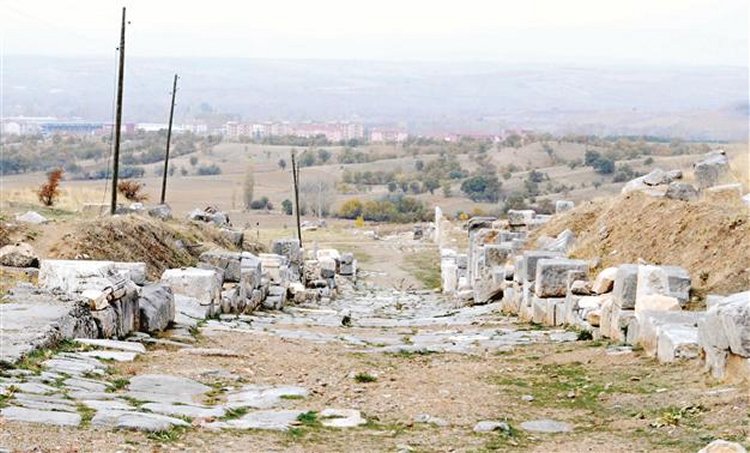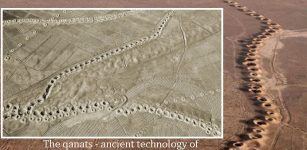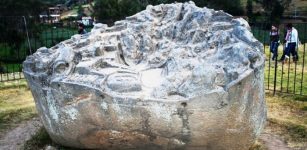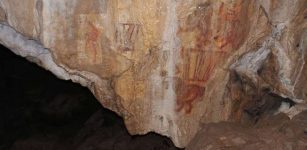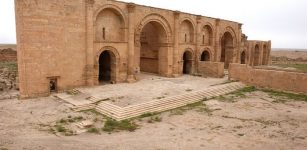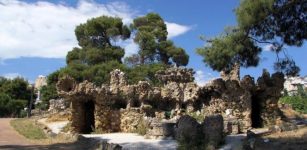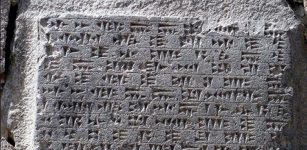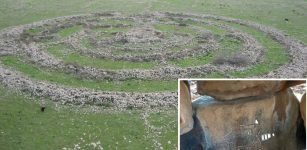Ancient Pisidia Antiocheia – Excavations In An Important Center Of Early Christianity
AncientPages.com - Long-term excavations at the Hellenistic city of Pisidia Antiocheia, an important center of early Christianity revealed that the settlement was occupied since the Neolithic age.
The ancient city' site is located approximately in Isparta Province, Turkey.
The city’s original inhabitants used a large degree of city planning and that the location might have been one of the first in the area to build according to a grid model.
Pisidia Antiocheia had also water and sewage systems and used the floor heating system.
Remains of the house, built in 25 BC discovered last year showed that it covered an area of nearly 2,000 square meters, and was a typical Anatolian house.
“Below the layer of fire we found Christian iconographic paintings on marble. It shows that the house was mostly used in the fourth century, according to archeologists.
Pisidia Antiocheia was most probably, burned down during Arab raids in the eighth century.”
During this year excavations in the Pisidia Antiochei, the team focused on the western part of the ancient city this year, and discovered food products such as wheat, chickpeas and lentils, showing that agriculture was developed in the region.
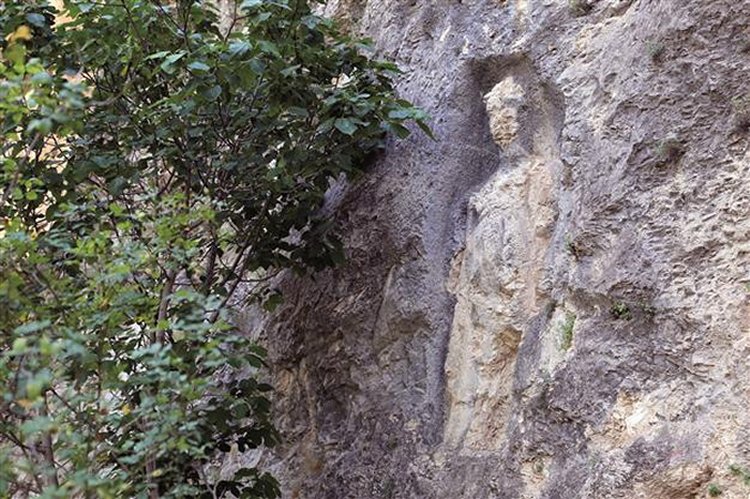
claim that the city dates back to the 3rd century BC and that it was founded by the Seleucid Dynasty, one of the Hellenistic kingdoms.
Süleyman Demirel University Archaeology Department’s Prof. Mehmet Özhanlı, the head of the excavations said they had also found a 1,800-year-old relief depicting small angels picking grapes from a basket, adding it gave significant clues about life in the city.
“The relief has small angels that are picking grapes. This is a symbolic thing, because the harvest season was one of the most important times in ancient cities. There was a harvest here. We see that they had a bountiful harvest. Ancient sources tell us that two big festivals were held there.
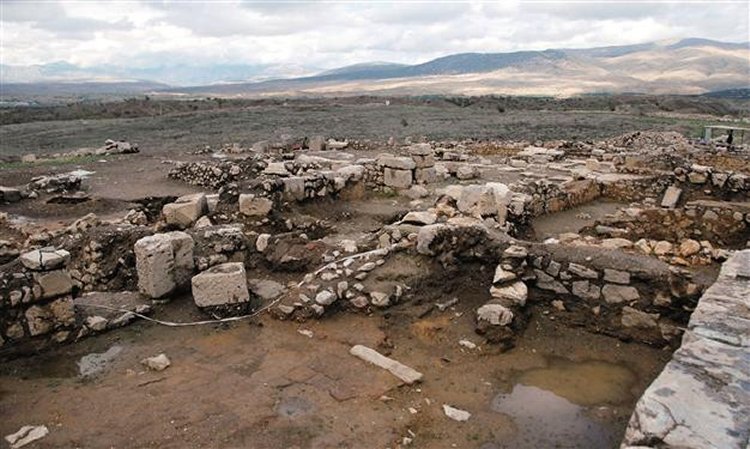
The city, like other Hellenistic colonies, was founded on a hill for ease of defence. The steep valley of the River Anthius in the east provides a perfect defence.
One of them was the harvest festival.
The archaeological site of Pisidia Antiocheia didn't reveal any findings from the Proto-Hittite, Hittite, Phrygian or Lydian civilisations, but we learn from Hittite records that the region was named "Arzawa" and that independent communities lived in the region. These people did not come under the yoke of the Hittites, but fought beside them against the Egyptians in the Battle of Kadesh.
Over the ages, people were able to live independently in the Pisidian region because of its strategical position. Even the Persians, who conquered Anatolia in the 6th century BC, and attempted to rule the area by dividing it into satrapies, were unable to cope with constant uprisings and turmoil.
AncientPages.com
source: Hurriyet Daily News

